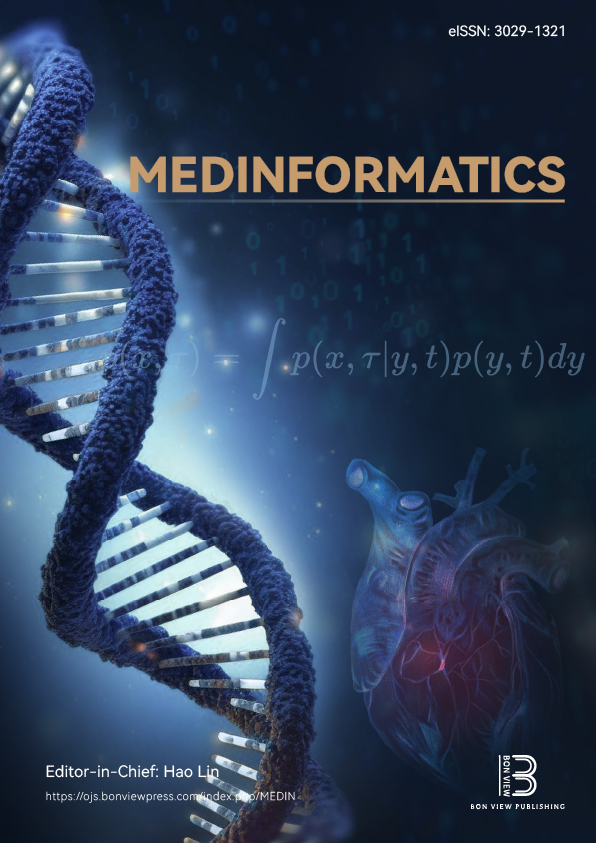Enhancing Heart Disease Detection Using Political Deer Hunting Optimization-Based Deep Q-Network with High Accuracy and Sensitivity
DOI:
https://doi.org/10.47852/bonviewMEDIN32021377Keywords:
heart disease, gene expression data, Deep Q-network, deer hunting optimization (DHO) algorithm, political optimizer (PO)Abstract
Heart disease is a clinical syndrome generally caused due to the impairment of structural and functional tissues. According to World Health Organization (WHO), heart disease has been recognized as the major reason for death occurring worldwide and the survey reported that 23% of death in the US is mainly because of heart-related diseases. Therefore, quick and precise detection of heart-related diseases is significant to enhance the health issues of heart disease-affected people and also reduces the mortality rate of the patients by protecting them from dangerous death by offering better medical services. Nowadays, deep learning techniques play a significant part in the domain of medical science and are also utilized to diagnose various diseases. Due to poor feature representation and some imbalance problems, predicting heart disease is very difficult using simple models. To encounter such problems, an effective strategy is employed in this research for detecting heart disease using the proposed Political Deer Hunting Optimization (PDHO) algorithm-based Deep Q-Network. However, the proposed PDHO algorithm is derived by the integration of the Political Optimizer (PO) and Deer Hunting Optimization (DHO) algorithms. Moreover, the proposed PDHO-based Deep Q-network for heart disease detection achieved a maximum accuracy of 93.4%, maximum sensitivity of 96.2%, and maximum specificity of 89.2%. This study leverages a diverse and extensive dataset from the Gene Expression Omnibus dataset [GSE98583] to advance our understanding of coronary artery disease.
Received: 25 July 2023 | Revised: 23 September 2023 | Accepted: 23 October 2023
Conflicts of Interest
The author declares that he has no conflicts of interest to this work.
Data Availability Statement
The data that support the findings of this study are openly available in the National Center for Biotechnology Information at https://www.ncbi.nlm.nih.gov/geo/query/acc.cgi?acc=GSE98583.
Downloads
Published
Issue
Section
License
Copyright (c) 2023 Author

This work is licensed under a Creative Commons Attribution 4.0 International License.


